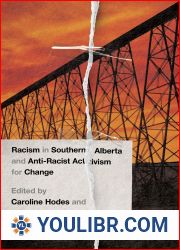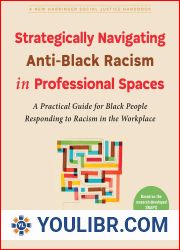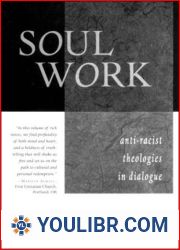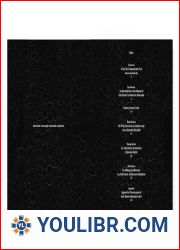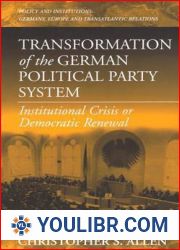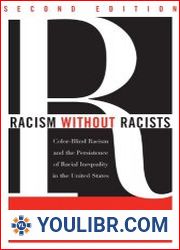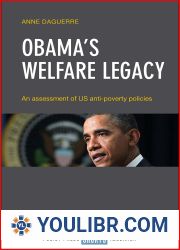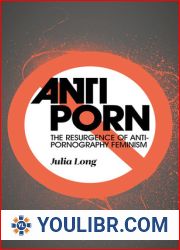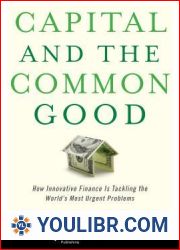
BOOKS - Tackling institutional racism: Anti-racist policies and social work education...

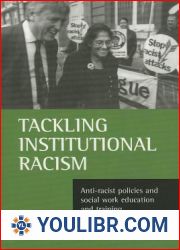
US $6.62

120013

120013
Tackling institutional racism: Anti-racist policies and social work education and training
Author: Laura Penketh
Year: October 11, 2000
Format: PDF
File size: PDF 1.1 MB
Language: English
Year: October 11, 2000
Format: PDF
File size: PDF 1.1 MB
Language: English
The publication of the Inquiry into the murder of Stephen Lawrence emphasised the institutionally racist nature of British society. Public bodies and welfare institutions are having to face the consequences of racism within their organisations. This task should draw on the earlier experience of the Central Council for Education and Training in Social Work's (CCETSW) anti-racist agenda, whose initiative came under attack from government ministers, media commentators and sections of the social work profession. This book describes and analyses the development of anti-racist social work education and training and moves on to a broader it critically assesses the concept of 'race', the historical development and maintenance of racism in contemporary British society, exploring 'race-related' legislation and its theoretical underpinnings; it offers an historical exploration of the role of social work and its relationship with, and response to, the needs of deprived and marginalised communities; it provides an assessment of the backlash against CCETSW's anti-racist developments from politicians, the media and sections of the social work profession, incorporating a debate regarding charges of political correctness. Issues such as 'political correctness' and 'identity politics' are critically explored, and the implications of these political processes on the anti-racist policy agenda are assessed. The analysis reflects on both the possibilities and limitations placed on establishing anti-racist policies. Tackling institutional racism will be of particular interest to Diploma in Social Work students, social work practitioners and academics, social policy undergraduates and postgraduates. It should also be read by professionals at different levels in the policy-making process, particularly those working directly with, acting on behalf of, or pursuing, the interests of the black community.









